INTRODUCTION
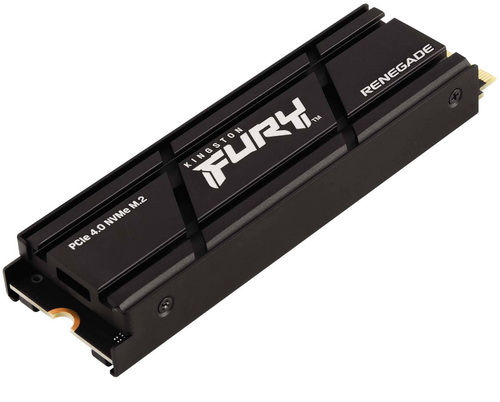
PCIe 5.0 Gen5 SSD models may be leading the market in terms of raw read & write performance but with the vast majority of systems currently supporting PCIe 3.0 and PCIe 4.0 connectivity Gen3 and Gen4 SSDs aren't going anywhere, not anytime soon at least. NAND controller manufacturers may not have much of their resources aimed towards the design development of Gen4 SSDs but with performance numbers even surpassing 7000MB/s for some models they don't really have to. Last year Kingston unveiled their FURY Renegade line of PCIe 4.0 Gen4 M.2 SSDs and after testing the near-excellent 2TB capacity variant (review here) today and after quite a few requests by some of you I’ll be testing the 4TB capacity variant.
Kingston Technology Europe Co LLP and Kingston Technology Company, Inc., are part of the same corporate group (“Kingston”). Kingston is the world’s largest independent manufacturer of memory products. From big data, to laptops and PCs, to IoT-based devices like smart and wearable technology, to design-in and contract manufacturing, Kingston helps deliver the solutions used to live, work and play. The world’s largest PC makers and cloud-hosting companies depend on Kingston for their manufacturing needs, and our passion fuels the technology the world uses every day. We strive beyond our products to see the bigger picture, to meet the needs of our customers and offer solutions that make a difference. To learn more about how Kingston Is With You, visit Kingston.com.
The FURY Renegade line of PCIe 4.0 Gen4 SSDs includes models both with and without an aluminum heatsink (PS5 compatible) and in 4 different capacities (500GB/1TB/2TB/4TB). Under the hood of the FURY Renegade, we find the 8-channel tri-core (32-bit ARM Cortex R5 CPUs) PS5018-E18 NVMe v1.4 compatible NAND flash controller by PHISON paired with 176-layer 3D TLC NAND flash and 4GB of DDR4L SDRAM by Micron for the 4TB model i have here with me today. The PS5018-E18 NAND flash controller by PHISON features their 4th Gen LDPC engine (low-density parity check) along with end-to-end data path protection, wear levelling, thermal throttling (70 degrees Celsius limit), TRIM, bad block management, dynamic range SLC cache and SmartECC (RAID ECC). Once again Kingston covers the entire FURY Renegade line with a 5-year limited warranty and as for endurance numbers it reports 500TBW for the 500GB model, 1000TBW for the 1TB model, 2000TBW for the 2TB model and 4000TBW for the 4TB model (MTBF of 1.8 million hours is the same for all models).
SPECIFICATIONS AND FEATURES

THE FURY RENEGADE 4TB
As with the 2TB variant, the front of the box is taken by a product picture, the company logo and both the capacity and advertised performance of the drive.
Another product picture can be seen at the rear of the box (this time with the drive inside a PS5) right over a product description in many languages, Kingston contact information and a sticker with the serial number and barcodes.
Just the FURY Renegade M.2 NVMe drive is placed inside the box (with the heatsink the drive is 10.5mm thick).
A sticker on the other side of the heatsink contains information such as the capacity of the drive, several certifications and its serial number and barcode.
On the top side of the PCB, we find the E18 NAND flash controller by PHISON together with a single 2GB DDR4L SDRAM module by Micron and 4 3D TLC NAND flash modules.
Moving to the opposite side we find the second 2GB DDR4L SDRAM module by Micron along with 4 more 176-layer 3D TLC NAND flash modules.
TEST BED
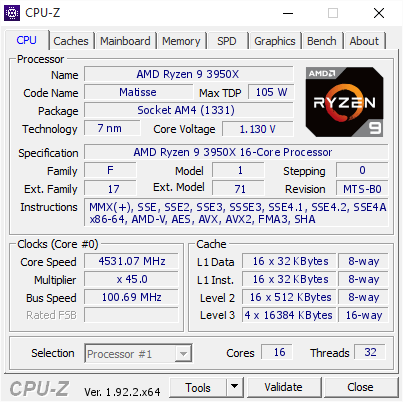

TESTING METHODOLOGY
Not long after I first started testing SSDs back in 2008, I concluded that it's almost impossible for any single benchmark suite to accurately measure their performance and that's why in certain benchmark suites we see amazing read/write performance numbers with some drives while in others things are quite different. The reason behind this is that some benchmarking suites are configured to read and write random chunks of data while others read and write constant (sequential) ones. So that's why i always use a very wide selection of benchmarking suites including AIDA64, HD Tach RW, HD Tune Pro, Crystal Disk Mark, Sisoftware Sandra Pro, AS SSD, IOmeter and ATTO. To get the most accurate results each test gets repeated a total of 6 times with the average performance numbers recorded into the charts*/****. Also, as of February 25th 2015 our results will also include the Storage Networking Industry Association’s (SNIA) IOMeter tests. These tests include a 12 Hour write test used to “simulate” performance degradation over time and a mixed workload test which basically shows what you can expect when using an SSD continuously for roughly two hours. Unfortunately, due to the time required for these tests they get repeated a total of 3 times and not 6 as the above.
Many people have made inquiries about our charts in the past so once again please do keep in mind that the Charts have the average performance numbers of each drive recorded and not the peak (highest) ones. Also, although every single one of these programs can help potential buyers choose the right drive for their needs you should also remember that from any kind of benchmark up to real world usage the gap is not small (and usually most differences will go unnoticed by most people). All tests were performed in a fresh Windows 10 Pro x64 installation complete with every update up to the date of this review.
* Since November 2018 the SSD comparison charts have been divided to 2.5” and M.2 models to reduce their growing size.
** Unless stated otherwise the Ryzen 9 3950x based Test Rig used for M.2 Gen 4 SSD reviews is not located in the lab.
*** As of January 2021 for Gen 3x4 models I’ll be using the Core i9-7980XE test rig (after numerous tests the up to 6% difference in read & write performance compared to the i7-6700 system simply wasn’t enough to justify having an extra test rig around).
**** Since February 2022 M.2 NVMe Gen3 and Gen4 SSD drives are placed in different charts.
TEST RESULTS - AIDA64 / ATTO
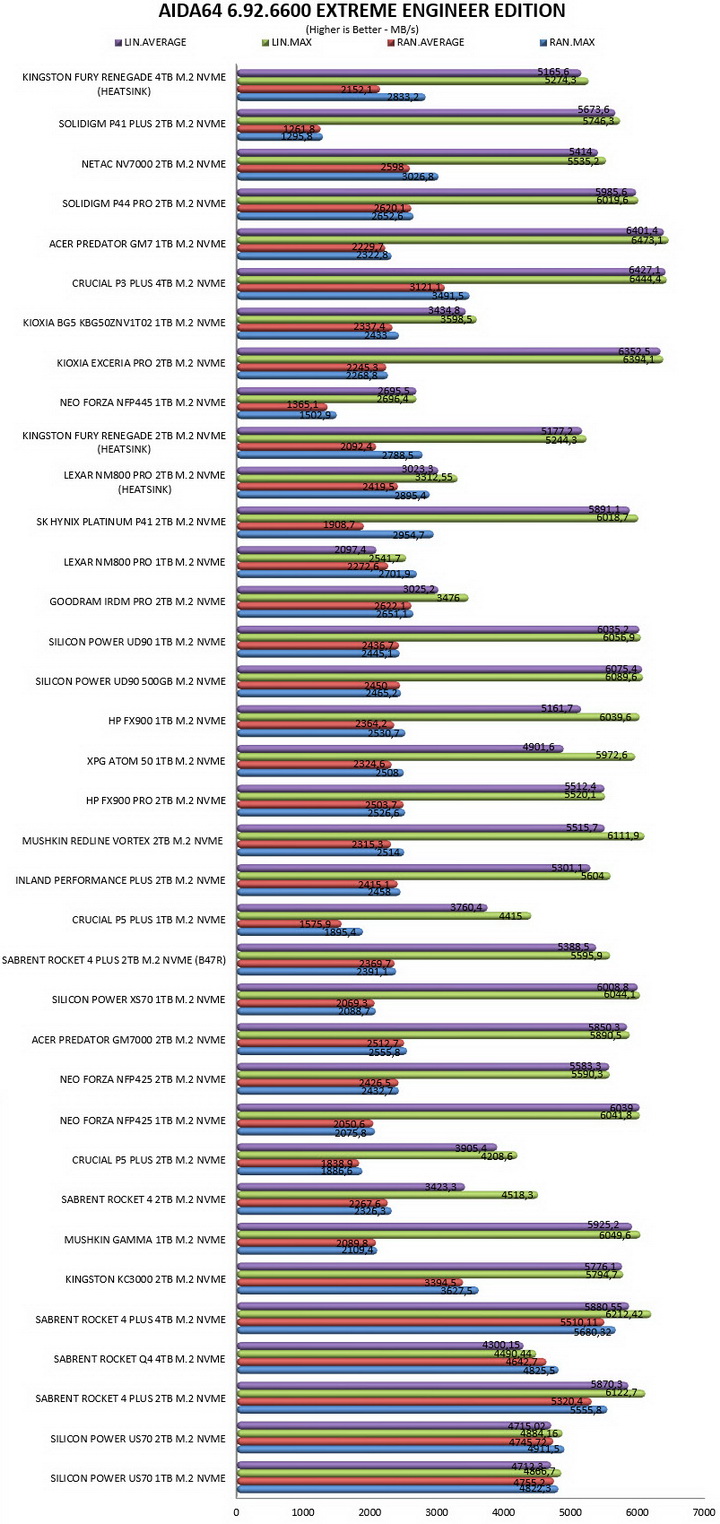

TEST RESULTS - HD TACH RW / HD TUNE PRO

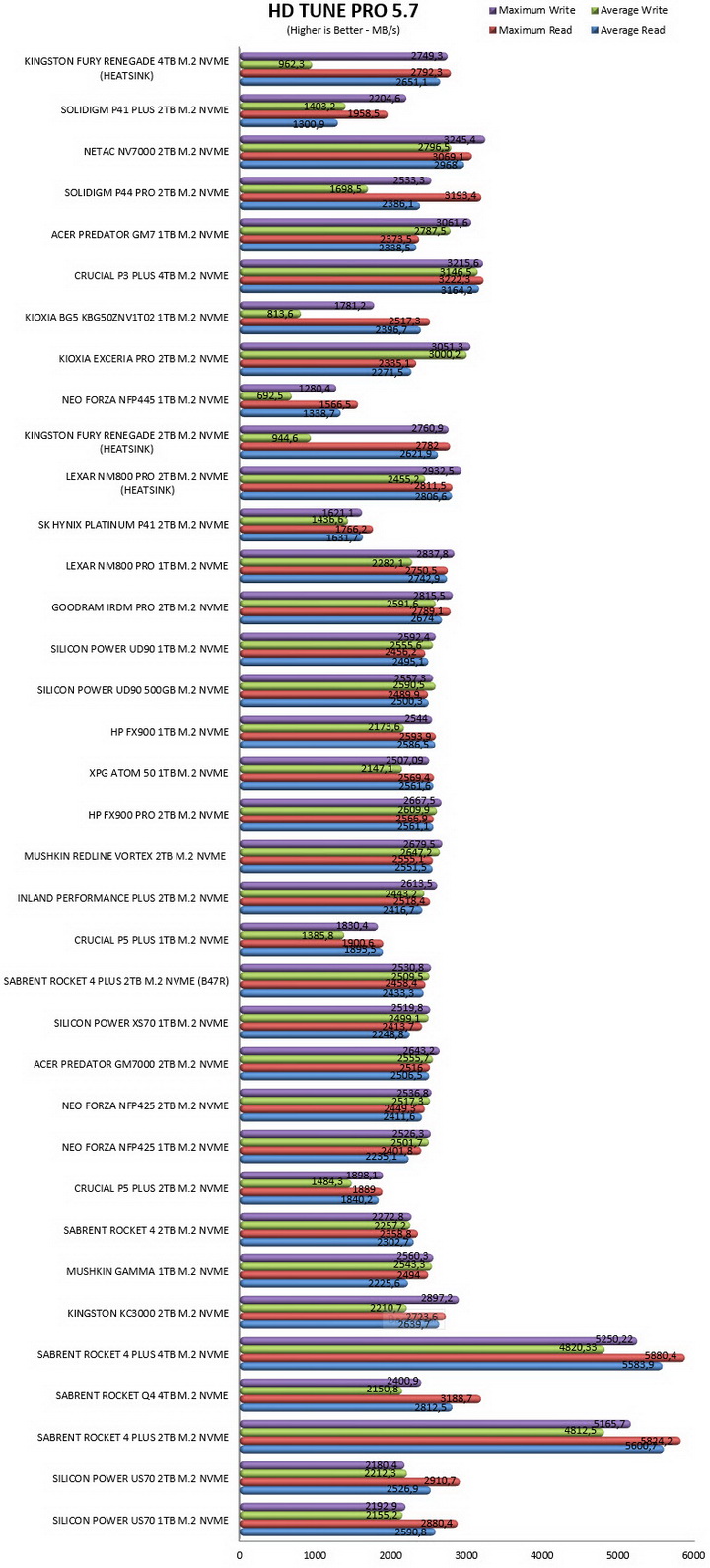
TEST RESULTS - SISOFTWARE SANDRA PRO / CRYSTAL DISK MARK


TEST RESULTS - AS SSD / IOMETER


TEST RESULTS - IOMETER SNIA

CONCLUSION
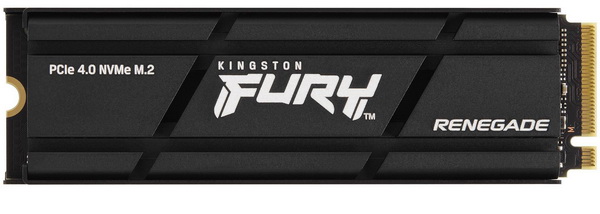
The FURY Renegade line of Gen4 SSDs by Kingston is among the best lines this market has to show in terms of PCIe 4.0 connectivity and so there’s not much else for me to say. Almost excellent performance however is not the only thing you’re getting, endurance/durability and cooling efficiency (for the heatsink variants) are just as important and Kingston (or more accurately PHISON in regards to the controller used) doesn’t disappoint. Yes, PCIe 5.0 Gen5 models might be faster overall but due to persisting temperature related issues they are still not quite ideal for very heavy workloads and this is where models like the FURY Renegade could shine. My sole concern much like with most SSD models out there by the majority of companies is available capacities and with more and more consumers requesting 8TB models even the 4TB variant seems lacking (hopefully this will change soon).
At this time the FURY Renegade 4TB (heatsink) PCIe 4.0 Gen4 SSD by Kingston retails for USD376.02 inside the USA (Amazon.com) and for 381.52Euros inside the EU (Amazon.de) a price tag which is more or less the same as its immediate competition. Long story short the FURY Renegade 4TB PCIe 4.0 Gen4 SSD should be plenty even for very demanding users not only due to its near-excellent performance but also its heatsink and impressive endurance numbers and so the Platinum Award is once again in order.

PROS
- Near Excellent Performance Levels
- Impressive Endurance (4000TBW / 1.8 Million Hours MTBF)
- Available With / Without PS5 Compatible Heatsink
- Limited Thermal Throttling (Heatsink)
- Acronis Disk Cloning Software (Serial)
- 4TB Capacity
- 5 Year Limited Warranty
CONS
- Price (For Some)

 O-Sense
O-Sense





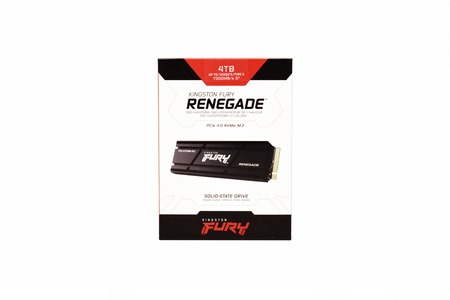
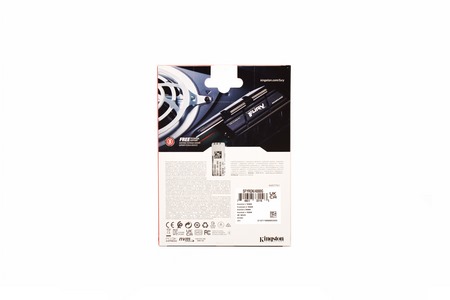
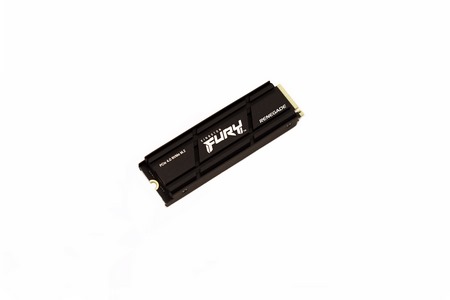
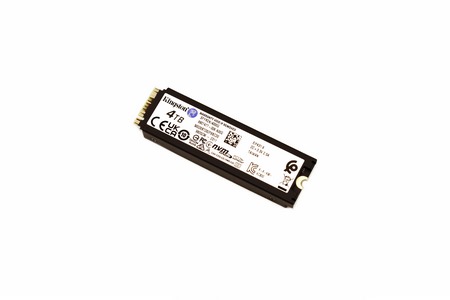
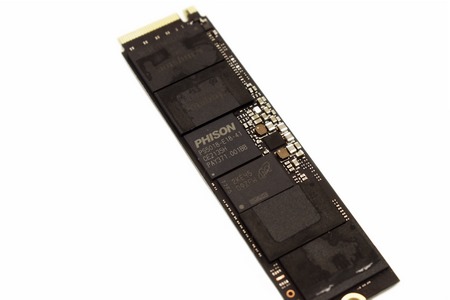
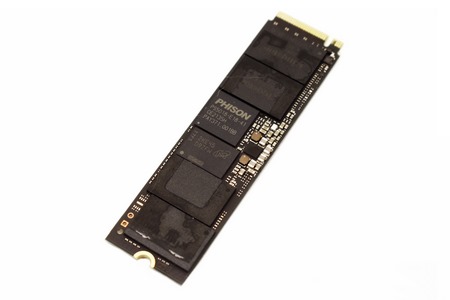

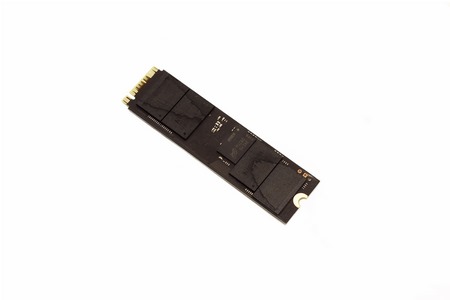




.png)

